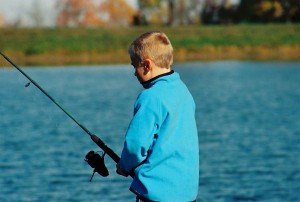Authors may be surprised to learn that before an agent or publisher reads a word of their manuscript, they make judgments based on the query letter or proposal. They read your materials to assess the potential for successful publication based on the information they gather about the book, about the audience, and yes, about the author.
In the last two posts, I focused on questions about the book and audience. If an agent or acquisitions editor at a publishing house reads an author’s pitch, they expect answers to these questions. If they like the answers, they’ll consider next the author.
But what kinds of information do they want to know about you? Here’s a list of questions for you to address:
1. What makes you the best person to write this book?
2. What personal or professional experiences make you an authority on the subject?
3. What is your writing background?
4. Do you have a resume or brief bio?
5. Briefly describe how your education, professional position, and/or personal experiences prepare you to be the author of this book.
6. What do you bring to this writing project that other well qualified experts in this subject area would not be able to offer?
7. What motivates you to write this book? What are your intentions?
8. How would you describe yourself as an author?
9. On the jacket of most book titles there is a blurb about the author. How would the blurb read about you?
10. Do you have an online presence (website/blog/Facebook Page/Twitter/email client list)? If so, what are you social media metrics (Google Analytics, Klout, Compete or other scores)? Yes, dear author, they want to know you can pull readers to what you have written.
It’s a tiny bit like fishing. You throw the line out with some bait on it, and hope you hook an agent or acquisitions editor.

